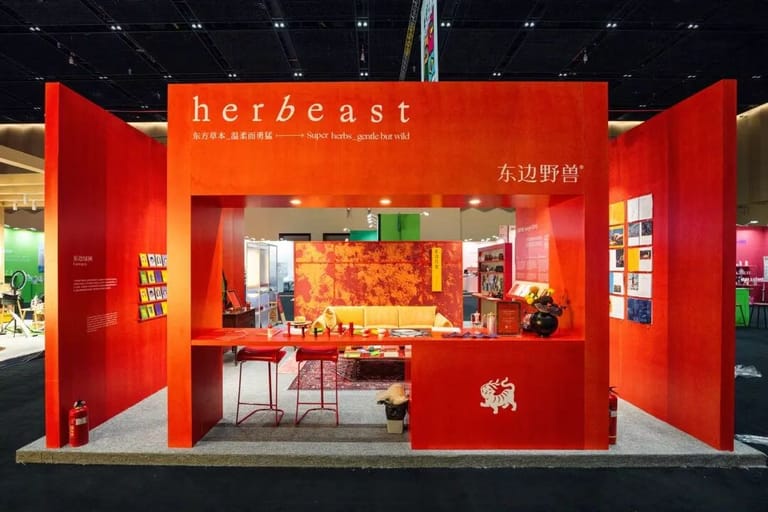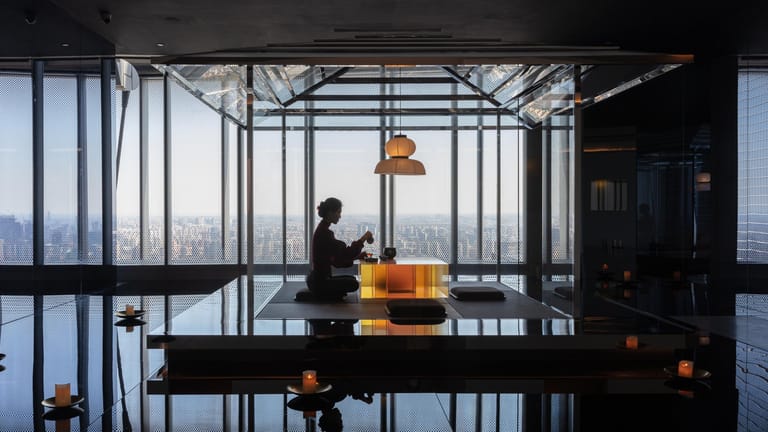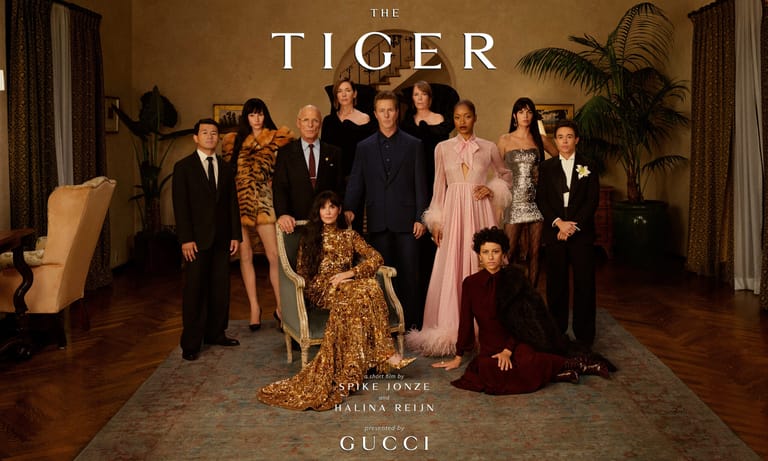Feng Chen Wang and Audi Rebuild the A7L Narrative
By
Hazel Jia
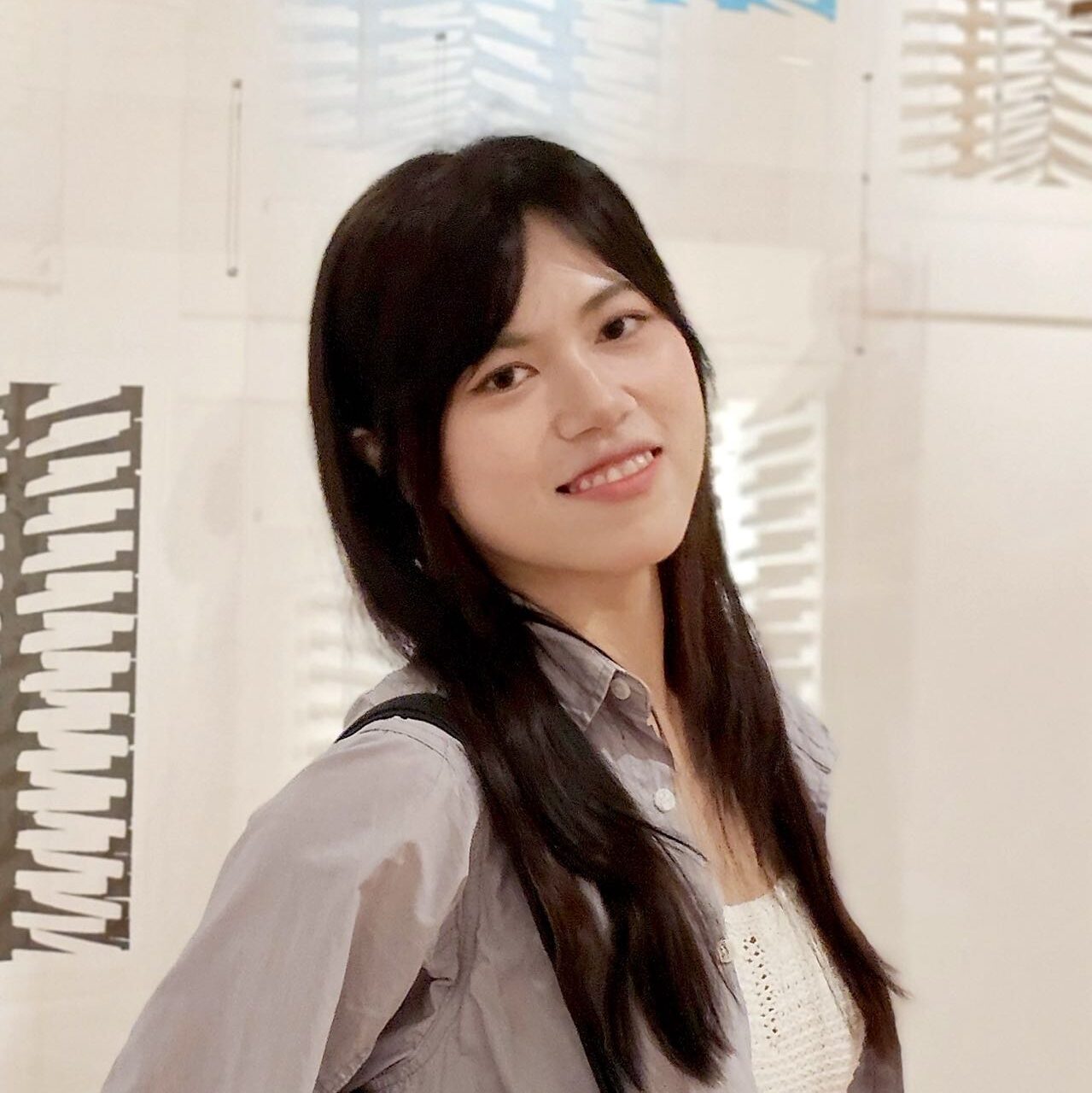
Published on
April 24, 2025
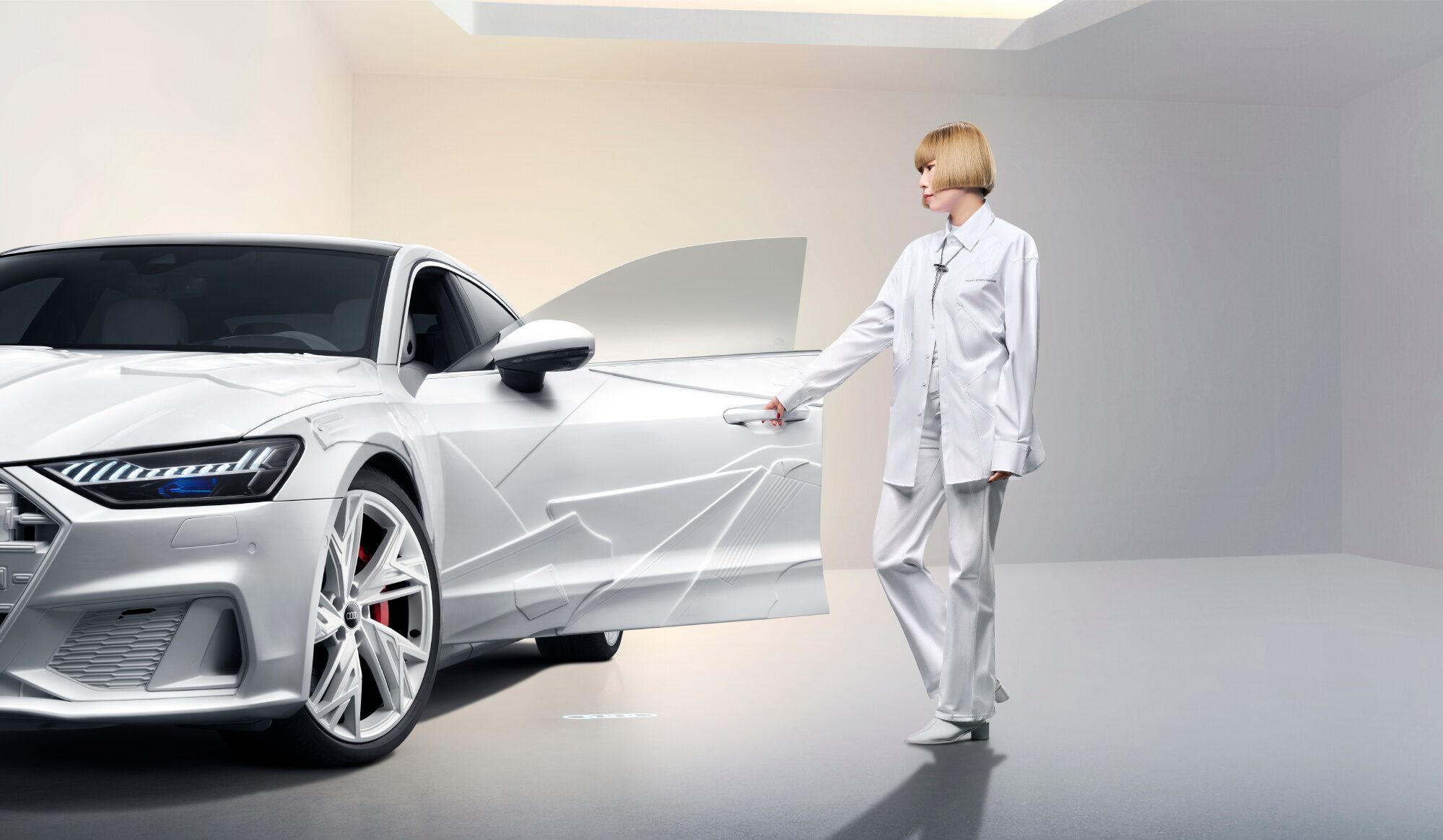
SAIC Audi has partnered with pioneering Chinese designer Feng Chen Wang to unveil a limited-edition A7L concept car alongside a capsule collection of apparel and accessories. This boundary-crossing collaboration blends industrial precision with fashion-forward creativity, offering a lineup that includes a sculptural concept car, tailored white shirt, 3D-printed crossbody bag, and modular key accessories—all unified by a distinct structural and technological language.
Marking Audi’s first creative partnership with a homegrown Chinese designer, and Feng Chen Wang’s debut in the automotive world, the collaboration underscores both parties’ commitment to cultural resonance and original expression. Known for her architectural tailoring and layered narratives, Feng brings a fresh vernacular to the automotive space—echoing the Jingzhi Success Framework’s emphasis on cross-disciplinary creativity, cultural authenticity, and global relevance.

“This project is a defining moment in my design journey,” Feng shares with Jingzhi Chronicle. “While I’m known as a fashion designer, all forms of creativity are interconnected. This collaboration breaks the mold of how I’ve been defined—and it opens the door to a more diverse creative future.” She adds that SAIC Audi was searching for an Asian designer with an international outlook, and her continued pursuit of global dialogue helped make the partnership a natural fit. “I hope this project helps push the boundaries—not just creatively, but also geographically—to bring Chinese design values to a wider global stage.”
The collaboration’s centerpiece, a conceptual “mechanical white shirt” A7L, transforms the vehicle’s architecture into wearable design metaphors. Feng’s signature splicing technique turns the car’s iconic hexagonal grille into a shirt collar, while the laser-etched side profile mimics pleated fabric folds. The juxtaposition of textile and metal textures creates a rare design symbiosis between automobile and apparel.
Complementary pieces from the capsule extend this dialogue. A 3D-woven white shirt—engineered to mirror the car’s aerodynamic silhouette—blurs the line between body and machine. A lightweight 3D-printed shoulder bag, inspired by the car’s form, offers a sculptural yet functional solution crafted from aerospace-grade materials. Magnetic metal accessories such as a detachable collar pin and bow tie reframe mechanical motifs into wearable, modular statements.

Through this industrial-fashion crossover, Feng Chen Wang reinforces the adaptability of her structuralist aesthetic in new contexts, strengthening her connection with a wider, culturally attuned audience. At the same time, SAIC Audi positions itself at the intersection of design innovation and cultural authorship—demonstrating that luxury today must resonate far beyond engineering specs.
As revealed in BCG × Tencent Marketing Insight’s 2024 China Luxury Market Insights Report, high-net-worth Chinese consumers are increasingly valuing cultural meaning and emotional connection over functional performance. This collaboration meets those expectations head-on—by embedding the A7L in a co-created narrative that is both emotionally intelligent and rooted in contemporary Chinese creativity.
By reframing product design through the lens of cultural storytelling, Audi is not only expanding its design vocabulary but also establishing a new paradigm for how luxury automakers can participate in China’s evolving creative economy.




